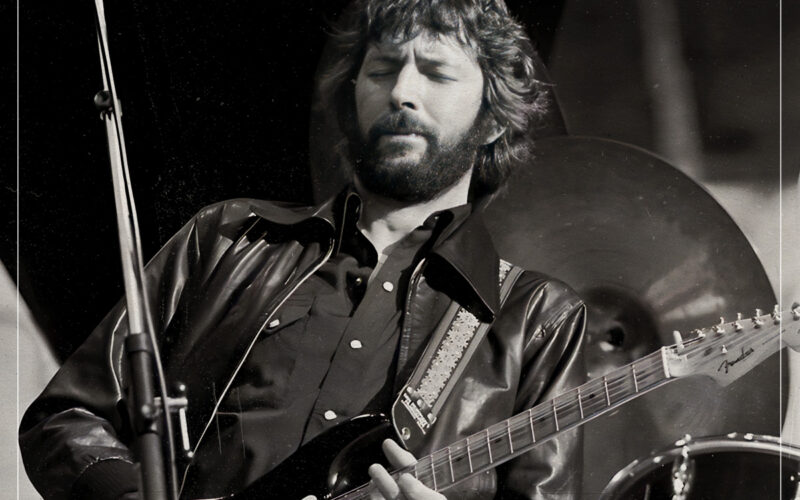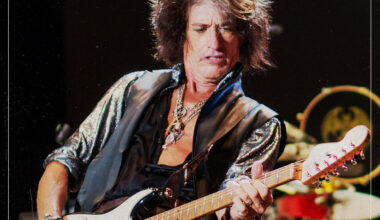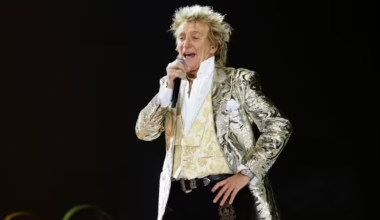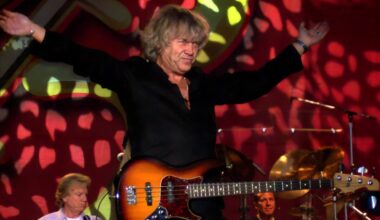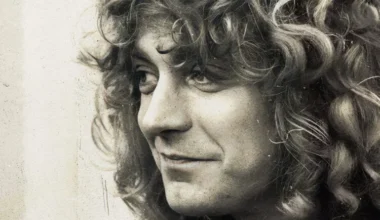Every musician is going to want to play to the back of the room whenever they get onstage. It’s one thing to keep to themselves whenever they are out in public, but the whole point of putting on a concert is to make sure every single person in that crowd has a good time, whether it’s those down at he lip of the stage or all the way up in the nosebleed seats. Eric Clapton could normally get his point across with any of those crowds with a guitar in his hands, but it took him years to figure out the importance of subtlety.
Looking at Clapton’s first few years in the public eye, he never let up for a second. The Yardbirds were already slowing him down before the 1960s were over, and when he eventually made his own journey into the mainstream with Cream, nothing he ever did was meant to be nice and easy. The legendary power trio were already known for being one of the loudest in the world, and even if that caused some friction onstage, that’s what led to them sounding perfect together.
Even when Cream split up, everything from Derek and the Dominos to Blind Faith was about having that maximalist mentality. Everyone on those records was coming to play, but by the time Clapton started listening to artists like The Band, he knew there was a lane for him to play pop music while still keeping in line with his roots.
The roots-rock icons may have been coming from years of playing with Bob Dylan, but if they had folk and country music to fall back on, ‘Slowhand’ always had the blues. He had studied the work of everyone from Muddy Waters to BB King, and while that kind of music was second nature to him, there was something different that he heard whenever he jammed on one of JJ Cale’s songs.
It was far more fundamental compared to everyone else, but it took a long time for Clapton to realise that was Cale’s greatest strength, saying, “I thought his playing was quirky and a little bit light. In becoming older or maybe just more mature about what’s needed to see that he was a master. A master of understatement, to be sure, but still. There’s a song called ‘Homeless’ and there’s a small little guitar solo that is so breathtaking and so minimal that moved me to tears.”
But Cale’s entire philosophy was only saying the bare minimum that was needed every time he played. As any blues aficionado would say, the only thing that you need to play the blues is three chords and the truth, and even if Cale’s music could sound pretty sparse compared to what people like Stevie Ray Vaughan were doing later, he meant every single note that ended up on record.
Besides, Clapton was already in need of a shake-up when he discovered Cale. Slowhand was a fine record for what it was, but the old Clapton wouldn’t have been caught dead with a melodic line as simple as ‘Wonderful Tonight’ were it not for listening to Cale’s music. It was about taking something away every time, and where most people could make the song sound stiff by taking bits out, the true professionals knew when things were unnecessary.
And judging by how well Clapton could sound with an acoustic guitar in his hands in later life, the magic of Cale’s craft wasn’t lost on him over the years, either. Because, as much as people like to smother their instruments in effects, it’s about how you use the guitar rather than how much you want to mess it up.
